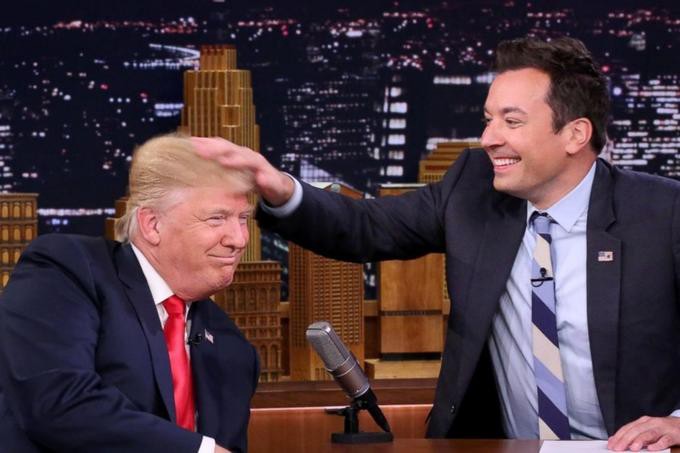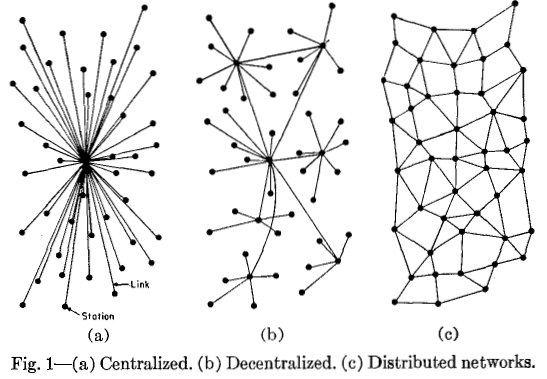The Golden Age is over.
I like YouTube.
As a platform it’s the Library of Congress for video and, as someone who loves both watching and making films, it’s been an amazing tool for discovery, creativity and connection.
That said, I think it’s safe to say that YouTube is dead — creatively and artistically.
Jamie Cohen - a professor of new media at Molloy College - told USA Today in 2018
YouTube is inevitably heading towards being like television, but they never told their creators thisIt’s not just that YouTube has been overrun by low-quality content, clickbait and advertising. It’s not just that the once groundbreaking platform has become a Huxleyan dystopia of algorithm-driven content recommended by multinational corporations.
It’s that YouTube’s “Golden Era” is clearly over.
Independent creators are no longer being discovered and nurtured by the platform. The days of gumshoes and auteurs making brilliant, weird and wonderful videos in their bedrooms and attics and uploading them to YouTube are forever gone.
Now something new is coming — something that will take the best of YouTube and make it even better.
YouTube is the Next MySpace 🔗
Remember MySpace? It was the social media platform Du Jour before it was annihilated from space by Facebook.
Nobody thought MySpace would die, it was a sure thing like YouTube is today.
But MySpace died for the same two reasons that haunt YouTube:
- Hollywood
- Entropy
Hollywood is like heroin, it’s an amazing high but it will kill you.
The movie business is a ruthless, cannibalistic beast that has no problem devouring its own children. Just ask any former child star. However, celebrities are what’s best for the YouTube algorithm. It’s safe, it’s innocuous, and it’s clickable.
So YouTube started pushing for celebs in 2017 after the first “adpocalypse,” which was a mass demonetization of small channels that didn’t produce “ad-friendly content.”
YouTube executives like Robert Kyncl weren’t even trying to hide their Hollywood bias. At a 2018 New York City presentation, independent YouTubers were nowhere to be found. Instead, there was the YouTube the company wants advertisers to see: Ariana Grande on Vevo, Kevin Hart and Demi Lovato, and clips from The Tonight Show Starring Jimmy Fallon.

In the wake of the sudden shift to Hollywood, lifestyle vloggers like Carrie Crista, who was under 40,000 subscribers in 2018, expressed how the community felt: Completely forgotten. “YouTube seems to have forgotten who made the platform what it is,” Crista told PR Week. YouTube is “pushing content creators away instead of inviting them to a social platform that encourages them to be creative in a way that other platforms can’t.”
Even if YouTube wasn’t shooting itself repeatedly in the foot, entropy is taking its toll. Everything that dies, dies because it becomes too big and unwieldy and bureaucratic and YouTube is no different.
The platform that was once the Wild West of creativity has been tamed and homogenized by commercial interests.
YouTube has been dead for years due to this. Social media too.
Basically 90% of the Internet is lost.
I wouldn’t be surprised if true nerds left the Internet and started hanging outdoors.
The Next YouTube 🔗
If YouTube wants to drive everyone off its platform, someone needs to come up with the next big thing. It won’t be easy. YouTube has 2 billion daily active users. But as long as YouTube keeps shooting itself in the foot, it’s a matter of time. Straight entropy. So, the next big thing will need to do what YouTube didn’t a few years ago: pay creators fairly (not demonizing arbitrarily), not censor, and not tinker randomly with the algorithm.
Let creators do their thing and make money.
So, what’s the next big thing?
I have two candidates.
The first is Rumble.
1. Rumble 🔗
Rumble is a censorship-free video hosting platform where users can upload their short films or videos and create their own channels, just like on YouTube. They’ve recently received a spike of conservative content creators that left Twitter and Facebook, and recently received “Top G” Andrew Tate.
Now, I don’t really care about Rumble’s right-leaning user base.
They let anyone in whether you’re a Reaganite or a devout Marxist.
I’m more interested in their business model, which pays channels including the little guys from day one.
You can think of Rumble and YouTube as skyscrapers. YouTube is 20 floors up and celebrities are using helicopters to fly to the top while you can’t even use the elevator. You have to use the stairs, and even then, you might not make it because you’re a fat, out-of-shape piece of human waste. #Inspiration.
Rumble, on the other hand, is a 10-story building and everyone can take the elevator to the top. You don’t have to be a celebrity, you just have to create good content.
Rumble also doesn’t demonetize or censor content, so you don’t have to worry about that.
2. Decentralized YouTube 🔗
Dailymotion, Vimeo, and FaceBook Watch — all failures.
They do the same thing YouTube does, but on a much smaller scale. They’re also centralized, so they can and will censor you.
Really, the only other option is a decentralized YouTube built on blockchain technology.
Hear me out.
Decentralization really is a genie out of its bottle — once the mainstream catches wind that they can create and curate their own content without Big Brother breathing down their necks, big tech is in for a world of hurt.

Even as I type these words at 3 am and sip my sixth Redbull — can’t. stop. fidgeting. — I can safely say, content creators, no matter the platform, are beholden to the algorithm like a slave to a master.
If Medium decided tomorrow that writers who focus on business and marketing would receive more exposure, then I’d be rightly fucked.
The same goes for YouTube. They can demonetize you for any reason, or no reason at all. It’s out of your hands.
The only way to fix this is with a decentralized platform that cannot be controlled by any one entity, but by a governing body of users. It won’t be easy convincing 2 billion users to switch to something new just because it’s blockchain technology, but once the ball gets rolling it’s worth a try.
And I would say with Joe Rogan leaving the platform, Andrew Tate being banned, and celebrities infecting the platform like a cancer, the ball is already in motion.
The same goes for YouTube. They can demonetize you for any reason, or no reason at all. It’s out of your hands.
The only way to fix this is with a decentralized platform that cannot be controlled by any one entity, but by a governing body of users. It won’t be easy convincing 2 billion users to switch to something new just because it’s blockchain technology, but once the ball gets rolling it’s worth a try.
And I would say with Joe Rogan leaving the platform, Andrew Tate being banned, and celebrities infecting the platform like a cancer, the ball is already in motion.
The Final Option: Give Up 🔗
PewDiePie
The problem with being a YouTuber or an online entertainer is that you constantly have to outdo yourself. If you make videos every single day, it’s really tough to keep people interested and keep them coming back.I get it, the Internet can be a soulless, cruel place.
The comments section is a cesspool of ignorance and hate.
You’re creative, but you’re not getting the views or subscribers you deserve.
You’re thinking about giving up.
I get it, I’ve been there.
But don’t give up just yet.
I can’t tell you exactly what the next big thing is, but I can tell you that YouTube is not it for the next frontier of content creators. It’s as corporate as it gets and the algorithm is a fickle mistress.
I know people hate this guy right now, but what Andrew Tate said about his recent banning I found quite germane: “It’s not about the platform, it’s about your voice and real fans wanting to hear your opinion on things. Most people are scared of losing the platform because they’re nothing without it.”
That’s the goal of content creation: to have a voice and reach an audience.
It doesn’t matter if that’s on YouTube, Rumble, Snapchat, or whatever the next big thing is.
Find your voice, tell your story, and don’t let the platform or algorithm get in the way. Because at the end of the day, content is still king.


